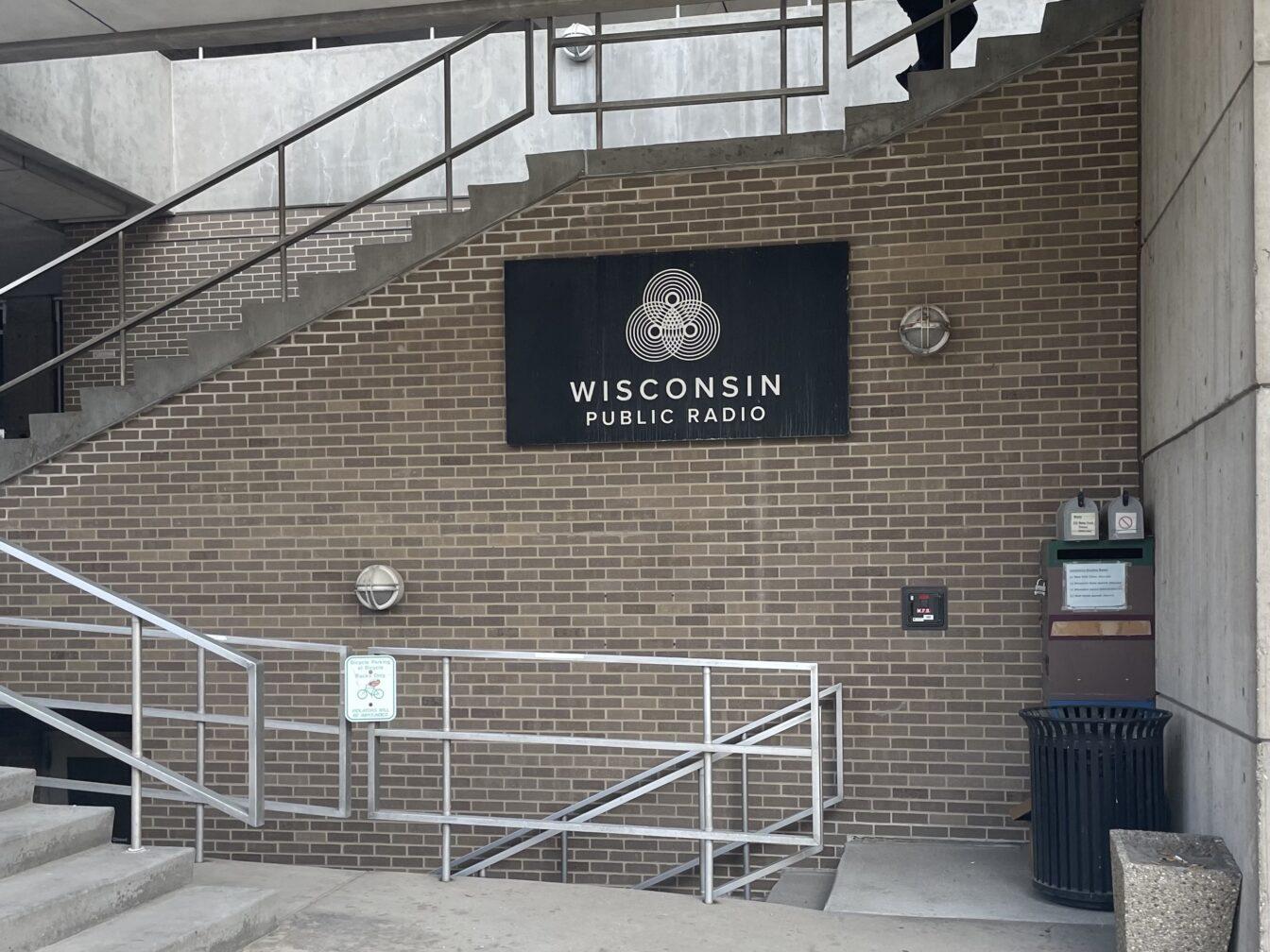Recent reporting shows that as newspapers in Wisconsin begin to fade, some radio stations are beginning to take their place, according to Wisconsin Public Radio. In areas where local newspapers are bought out by large conglomerates, some believe radio stations can cover the local stories that national outlets don’t. But radio currently lacks the resources to fill this void.
Though radio may have the potential to address some of the issues of struggling newspaper industries, we need not assume that one medium must fill the role as the dominant source of information. In a dynamic media environment, we need different sources of information to serve different purposes. The competitive interplay between print and radio journalism, however, is nothing new.
The Press-Radio War emerged in the 1920s when the print journalism industry heavily opposed radio’s attempt to begin broadcasting news information. Print journalists worried society’s fascination with the new technology would reduce demand for traditional news gathering — an industry space they wanted to maintain for themselves.
When the conflict reached its climax, CBS President William S. Paley called publishers and network executives together to negotiate a resolution. What came out of the negotiations was the Biltmore Agreement, which said broadcasters would strictly reduce news broadcasting, and in return, newspapers would resume publishing radio listings. Quickly, this agreement broke down as rules were bent and newspapers realized how profitable radio stations could be.
Though some newspapers are struggling to maintain their presence in local media landscapes, their existence at all demonstrates they serve a unique purpose in the face of emerging technologies. Today, we’re seeing a renewed resurgence of radio broadcasting, impacting the broader flow of information with changing social contexts.
According to the United Nations, radio experienced a major revival during the COVID-19 pandemic, as it provided a sense of connectedness and humanity during a time of isolation. For this reason, some radio stations have survived challenging years filling the gap of local news reporting, according to research from Harvard’s Kennedy School of Government.
Meanwhile, print newspapers are struggling to maintain their place in the media landscape. According to The Week, the shift to online readership has wreaked havoc on traditional newspapers’ advertising revenue. Online advertising is not as profitable as print advertising, since much of the profits go to sites like Facebook or Google. To maintain profitability, many newspapers are forced to put up a paywall many readers simply can’t justify.
Vulnerable newspapers are bought by hedge funds or equity firms at cheap prices to cut staff and sell assets — turning a short-term profit. But these hedge funds have little to no investment in the future of the newspapers or quality of reporting, so local and in-depth news coverage is reduced.
Severe racial health disparities in Wisconsin must be addressed
According to PBS, a growing pool of research indicates the loss of local newspapers impacts not only newspaper staff, but the communities they serve. In areas where local newspapers are lost to hedge funds, civic engagement and voter turnout decrease while misinformation spreads. Some evidence indicates city governments become more susceptible to corruption and dysfunction without local newsrooms to hold them accountable.
Additionally, loss of local news coverage can increase political polarization, according to research from MIT, Sciences Po Paris and Yale University. Essentially, less local coverage means people’s perception of news information becomes more nationalized — less community-based and more divisive — leading to a decrease in split-ticket voting.
Such severe impacts on civic and democratic life must be treated with concern. Though radio may be able to fill some of the gaps in local coverage, we can’t simply ignore the withering of the fourth estate, which has grown to be an essential part of American democracy.
Further, there are some issues that prevail in considering a major transition to radio. For one, funding is a major issue. According to Harvard’s Kennedy School of Government, radio stations lack reporters, and quality journalism takes a lot of time and resources. Critically, the communities that need the most funding and the least likely to be able to produce it.
Also, because of limited airwaves and the pervasive nature of broadcast media, radio is subject to much more government regulation than print journalism. Though radio may still serve a vital role in news gathering, we may risk some aspects of a free press if we switch to wholesale reliance on radio.
Recent derailments across Midwest show increasing need to reform railroads
All that being said, in a period of heavily decreasing local news coverage, radio is a good place to turn — for now. If radio stations are a viable method to connect communities to information they can’t receive from national newspapers, we should be directing funding toward them. The federal government, private companies and listeners who have the means to contribute have a responsibility to support quality local news coverage.
A free press in modern society needs both print and broadcast journalism to be successful. Print news has less government regulation and attracts a base of more dedicated consumers, while broadcast news may be more accessible and engaging for people in news deserts. As consumers of news media, the public has a responsibility to support their local newsrooms — if not by monetary contributions, by simply engaging with their content. We also must closely follow the reporting of organizations that advocate for local news, such as Knight Foundation.
Strong local journalism helps promote civic engagement and free information. Since diversity in type of coverage benefits our democracy, we must dedicate vigorous support toward all our quality, local news media.
Celia Hiorns ([email protected]) is a sophomore studying journalism and political science.




















